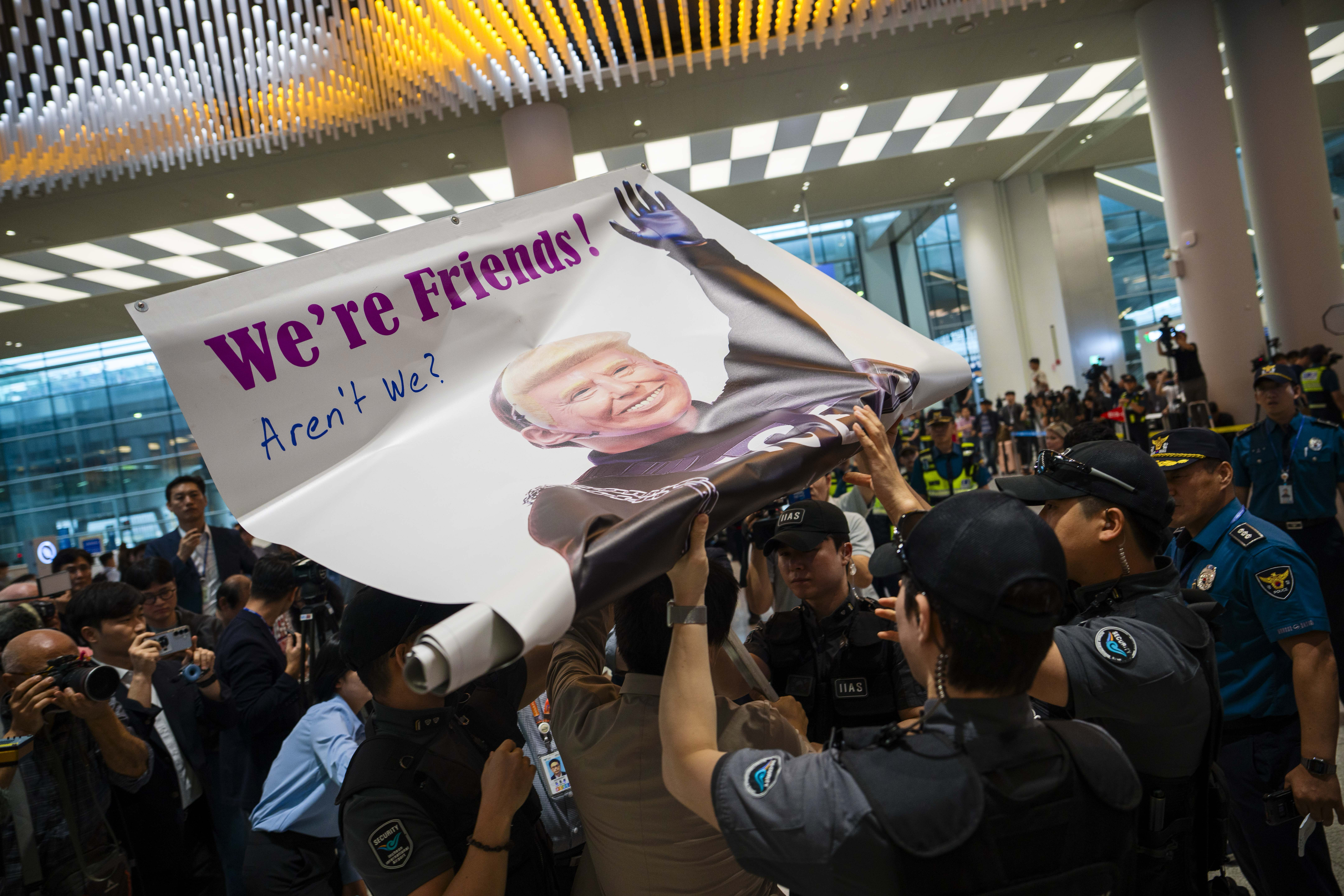
an ice raid at an ev factory Recent actions by U.S. Immigration and Customs Enforcement (ICE) at a Hyundai electric vehicle (EV) factory in Georgia have sparked concerns about the stability of foreign investments in American manufacturing.
an ice raid at an ev factory
Background on Foreign Investment in U.S. Manufacturing
In recent years, foreign automakers have increasingly invested in the United States, establishing advanced manufacturing and battery plants across several states, including South Carolina, Georgia, Tennessee, and Kentucky. These investments have not only created thousands of jobs for American workers but have also injected billions of dollars into both state and federal economies. The presence of these plants has been particularly beneficial for rural areas, where job opportunities can be limited.
Hyundai and LG Energy Solutions, two prominent South Korean companies, exemplify this trend. In 2022, they announced plans to construct a $7.6 billion EV battery factory in Ellabell, Georgia, which is expected to play a crucial role in the U.S. transition to electric vehicles. The facility aims to produce batteries for Hyundai’s electric vehicles, thereby supporting the company’s ambitious goals in the EV market.
The ICE Raid: What Happened?
In a shocking turn of events, ICE conducted a raid at the Hyundai plant in Ellabell, detaining several South Korean workers who were overseeing the construction of the factory. This operation raised alarms not only among the workers and their families but also among industry stakeholders and local communities. The raid has been characterized as part of a broader crackdown on immigration violations, but its timing and location have led many to question the implications for foreign investment in U.S. manufacturing.
Details of the Raid
The ICE raid reportedly involved agents entering the construction site and detaining workers who were in the U.S. on temporary visas. According to sources, the workers were in the country legally but were targeted due to alleged discrepancies in their visa applications. The situation escalated quickly, leading to protests from labor groups and community members who viewed the raid as an attack on foreign investment and a threat to job creation.
Reactions from Stakeholders
The response to the ICE raid has been swift and varied. Labor unions, local politicians, and community leaders have expressed outrage, arguing that the raid undermines the trust that foreign companies have in the U.S. as a stable environment for investment. Many fear that such actions could deter future investments, which are crucial for the U.S. economy, particularly in the burgeoning EV sector.
- Labor Unions: Unions have been vocal in their condemnation of the raid, arguing that it not only harms the detained workers but also jeopardizes the jobs of American workers who rely on the construction and operation of the new factory.
- Local Politicians: Local officials have called for a review of ICE’s actions, emphasizing the need for a balanced approach that considers both immigration enforcement and economic development.
- Community Leaders: Community leaders have organized protests to demand the release of the detained workers, framing the issue as one of human rights and economic stability.
Implications for the EV Industry
The implications of the ICE raid extend beyond the immediate situation at the Hyundai plant. As the U.S. pushes for a transition to electric vehicles, foreign investments in battery manufacturing are seen as essential to achieving this goal. The Biden administration has set ambitious targets for EV adoption, aiming for 50% of all new vehicle sales to be electric by 2030. Achieving this goal will require significant investment in battery production and infrastructure.
However, the recent ICE raid has raised questions about the reliability of the U.S. as a destination for foreign investment. If companies perceive the U.S. as an unstable environment for their employees, they may reconsider their plans to invest in American manufacturing. This could have far-reaching consequences for the EV industry, which relies heavily on foreign expertise and capital.
Potential Consequences for Future Investments
Several potential consequences could arise from the ICE raid:
- Reduced Foreign Investment: Companies may hesitate to invest in U.S. manufacturing if they fear that their workers could be targeted by immigration enforcement.
- Job Losses: A slowdown in foreign investment could lead to job losses, both for foreign workers and American employees who depend on the operations of these plants.
- Increased Costs: Companies may face increased costs associated with hiring and training local workers, which could affect the overall competitiveness of the U.S. manufacturing sector.
Legal and Political Context
The legal framework surrounding immigration enforcement in the U.S. is complex and often contentious. The Biden administration has emphasized a more humane approach to immigration policy compared to its predecessor, but actions like the ICE raid at the Hyundai plant suggest that enforcement remains a priority in certain contexts. This dual approach has led to confusion and frustration among foreign companies operating in the U.S.
Political reactions to the raid have also been mixed. Some lawmakers have defended ICE’s actions as necessary for upholding immigration laws, while others have criticized the agency for undermining economic growth. This divide reflects broader national debates about immigration policy and its implications for the economy.
Future of U.S. Immigration Policy
The ICE raid has prompted calls for a reevaluation of U.S. immigration policy, particularly as it relates to foreign workers in high-demand industries like manufacturing and technology. Advocates for reform argue that a more streamlined and supportive immigration process could facilitate foreign investment while ensuring that workers are treated fairly.
As the U.S. seeks to position itself as a leader in the global EV market, addressing these immigration concerns will be crucial. Policymakers may need to consider measures that protect foreign workers while also promoting economic growth and job creation.
Conclusion
The ICE raid at the Hyundai EV factory in Georgia has raised significant concerns about the future of foreign investment in U.S. manufacturing. As the country moves toward a more electric future, maintaining a stable and welcoming environment for foreign companies and their workers will be essential. The implications of this incident extend beyond the immediate legal and economic consequences; they touch on broader themes of immigration policy, economic stability, and the future of the U.S. automotive industry.
As stakeholders continue to respond to this situation, the hope is that a balanced approach can be found—one that respects immigration laws while also fostering an environment conducive to investment and job creation in the rapidly evolving EV sector.
Source: Original report
Was this helpful?
Last Modified: September 20, 2025 at 6:39 pm
0 views















